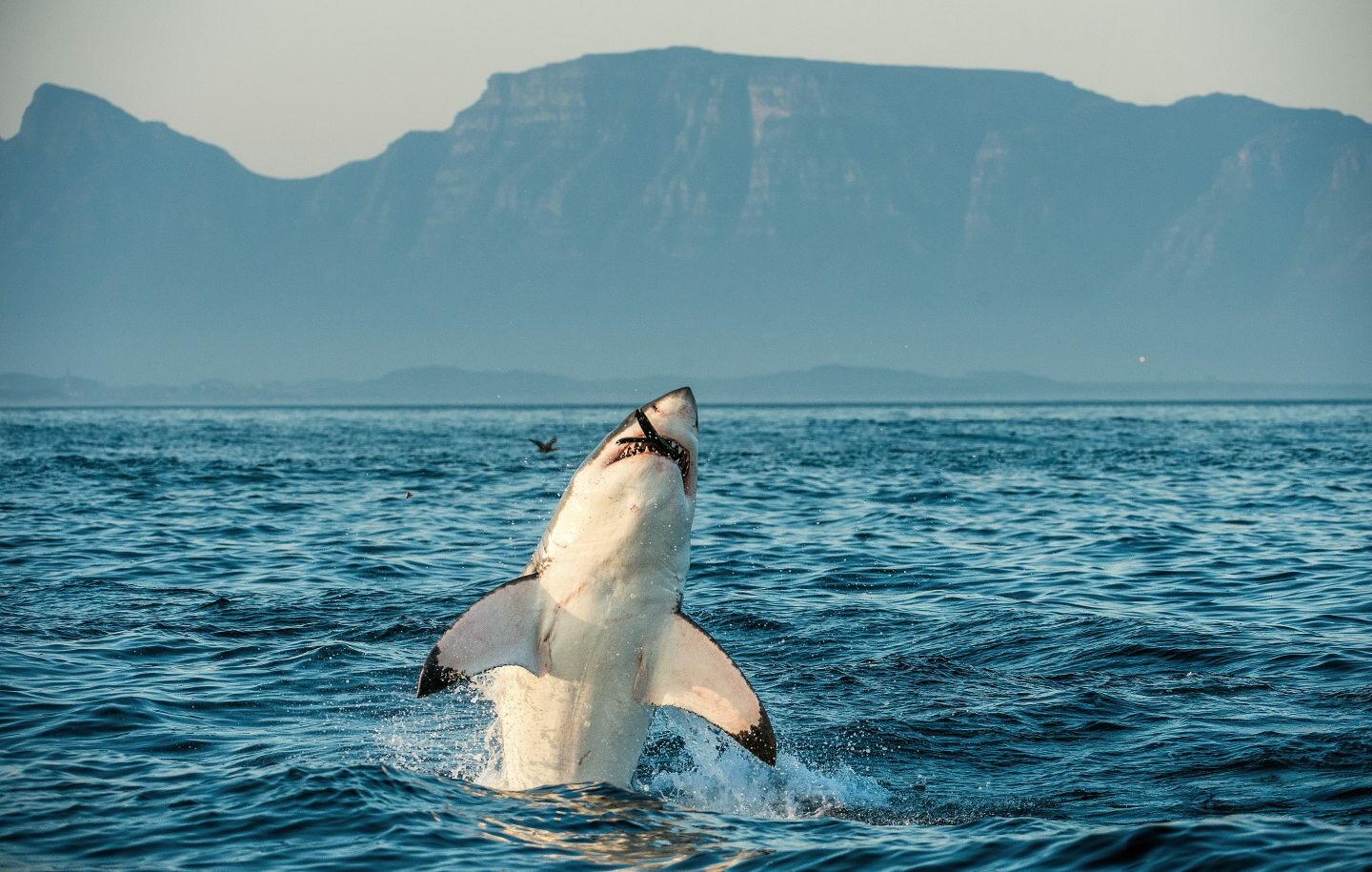Once a status symbol at weddings and lavish dinners, shark fin dishes have steadily fallen out of favour over the years as education efforts — helped along by ever-distressing photos of bleeding, de-finned sharks — steadily won people over.
But the shark trade around the world remains robust; just last May, customs officials in Hong Kong made the biggest shark fin seizure in the country’s history, discovering 26 tonnes of fins cut from the bodies of over 38,000 endangered sharks.
“It’s one thing to say you’ve sworn off sharks fin, but sharks meat can still be found in several local dishes masquerading as fish,” says activist Kathy Xu, who runs shark conservation organisation The Dorsal Effect. “Not enough people are talking about it, or asking questions about what they’re eating.”
Xu is speaking ahead of the Discovery Channel’s annual Shark Week special. The weeklong programme — now in its 32nd year running — has become something of a pop culture phenomenon in recent years, spawning a deluge of memes and other fin-related puns.
For their part, the Discovery Channel appears to be leaning directly into the hype, with a programme line up that includes a narrated episode by Snoop Dogg (in the vein of his beloved skit on Jimmy Kimmel, Plizzanet Earth) as well as an episode that features boxing icon Mike Tyson facing off — yes — a tiger shark (Discovery Channel makes it a point to note that no sharks were harmed or bitten in the making of the episode).
All the good cheer belies a more serious subject — that is, the precarious state of shark numbers in the world.
According to the Australian Institute of Marine Science, sharks are ‘functionally extinct’ in 20 percent of the world’s coral reefs. Given the species’ generally slow growth rate and small litter sizes, activists fear that they may slowly go extinct. That could lead to catastrophic trickle down effects for the rest of the ocean ecosystem: without apex predators to keep the rest of the food chain in check, other predatory fish could become endemic — these fish, in turn, would cull the numbers of herbivorous fish in the ocean, leading to a proliferation of algae — which could potentially kill off coral reefs and drain oxygen levels in the ocean entirely. And that’s just one prediction that scientists have theorised.
It’s why activists like Kathy Xu do what they do. Set up in 2012, The Dorsal Effect is an eco-tourism company that brings curious travellers to see the effects of shark fishing firsthand: before the pandemic hit, Xu regularly ran tours to Lombok, Indonesia — whose biggest fish market was often a hotspot for shark parts — where she would also offer fishermen an alternative livelihood in the form of taking tourists on boating day-trips.
-

Will Smith’s special episode will see him go swimming with dangerous tiger sharks, along with his family and a former shark attack survivor.Discovery Channel -

Yes, it’s Mike Tyson, and he’s going to fight a tiger shark. How exactly, we aren’t yet sure.Discovery Channel
Xu says that in lieu of travelling and seeing the shark trade up close, conservation programmes like Discovery Channel’s Shark Week are a great way to learn more.
“In this day and age, I think the bigger problem is that we’re taking so much from the oceans so quickly — not just sharks, but other species as well,” she says. “Because of that, species are being affected and going extinct before we even know enough about their importance.”
She adds: “We can’t exactly spot a Great White Shark here in Singapore — so these programmes do give viewers an insight into these magnificent creatures.”
Shark Week premieres tonight on Discovery Channel. Click here for more information.

